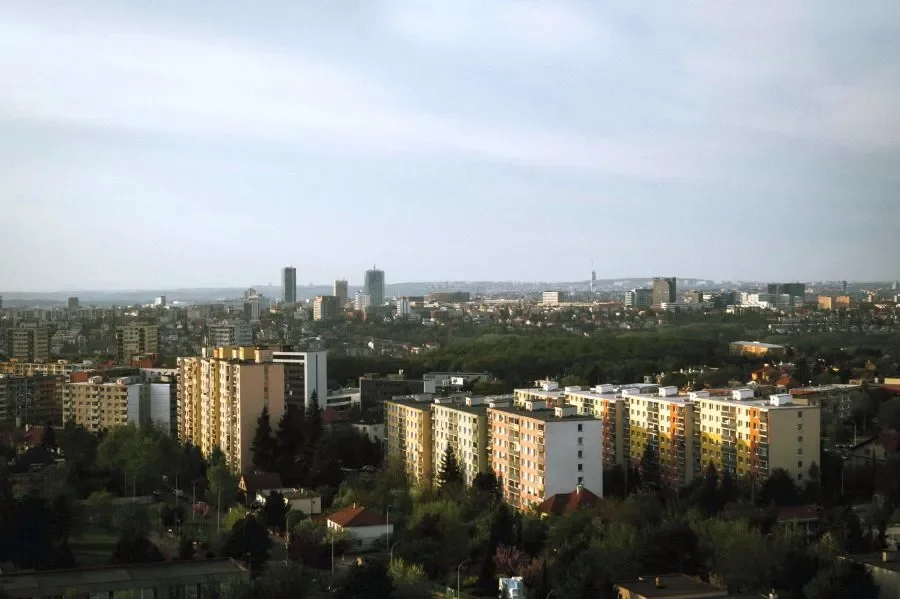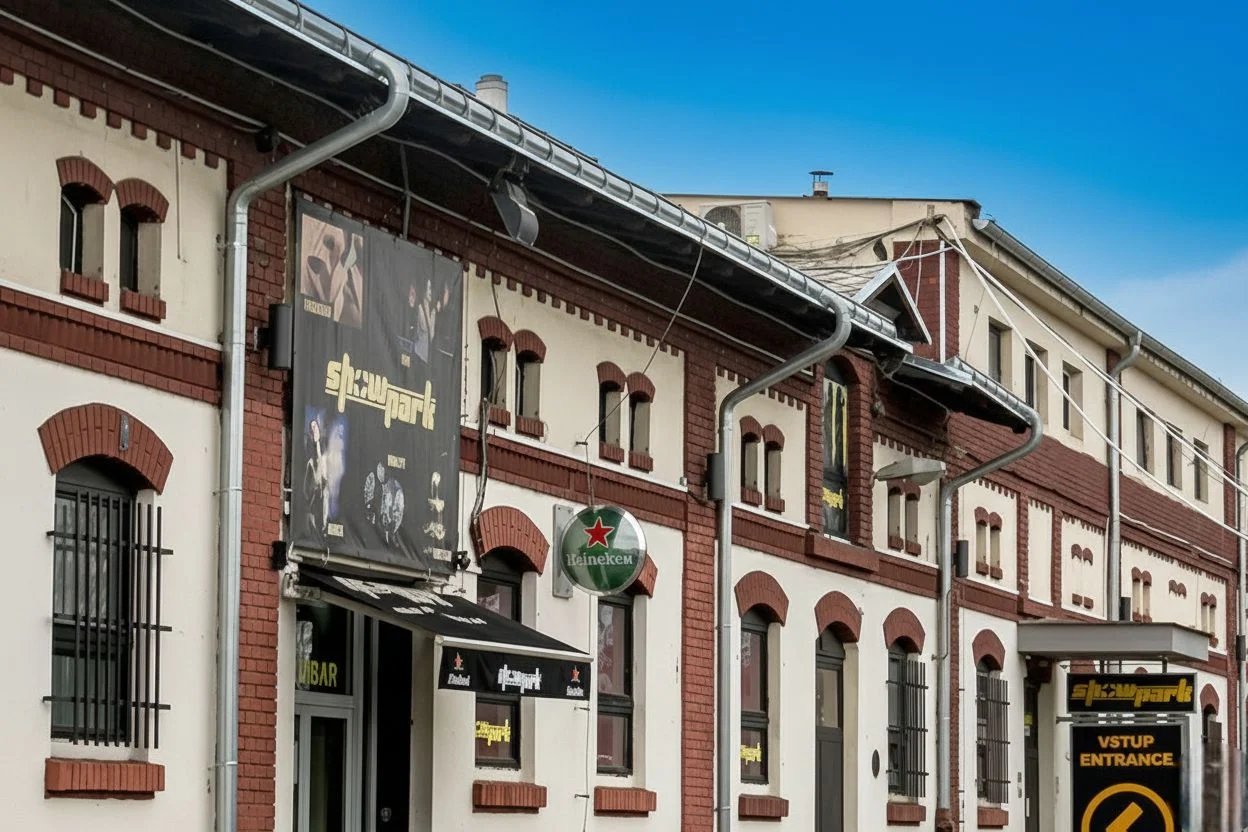
Social Welfare Benefits: Expenditure on Housing Benefits in the Czech Republic Doubled in 2023
Nearly a third of the total expenditure on state social welfare benefits was allocated to housing cost support
In 2023, CZK 17.9 billion was paid out in state social assistance benefits for housing in the Czech Republic—an increase of CZK 9.4 billion compared to the previous year. This rise was primarily due to changes in the relevant legal regulations. At the same time, expenditure on the housing supplement, which is part of the benefits for material needs, decreased by CZK 144 million to CZK 1.7 billion.
Almost a third (CZK 17.9 billion) of the total expenditure on state social welfare benefits, which amounted to CZK 55 billion, was spent on housing benefits. In addition to housing benefits, state social welfare benefits include child benefits, parental benefits, childbirth benefits, and death benefits.
The increase in housing benefit expenditure can be attributed to legal adjustments in 2022 and 2023. As a result, more people became entitled to this benefit, and the standardised housing costs—used to determine entitlement and the amount of housing benefit—were increased. The primary reason for adjusting the standard costs was the significant rise in energy prices. The government raised the standards, resulting in higher allowances, particularly for smaller households.
“The number of housing benefit payments per capita was highest in the Moravian-Silesian and Ústí nad Labem regions, and lowest in the Pilsen region. In 2023, an average of 248,000 housing benefit payments were made per month in the Czech Republic—80,000 more than in the previous year,” explained Markéta Pištorová from the Development Statistics Department of the Czech Statistical Office (ČSÚ).
In 69% of cases, tenants were the most frequent recipients of housing benefits, followed by property owners at 21%. The remaining 9% was made up of subtenants, members of housing cooperatives, people who use flats based on easements, and residents of holiday or recreational flats.
Expenditure on the housing supplement from the material hardship scheme amounted to CZK 1.7 billion in 2023, a decrease of 8% compared to the previous year. These supplements cover housing costs if household income—including housing benefit—is insufficient. In 2023, an average of 27,000 housing supplement payments were made per month—7,000 fewer than in 2022.



